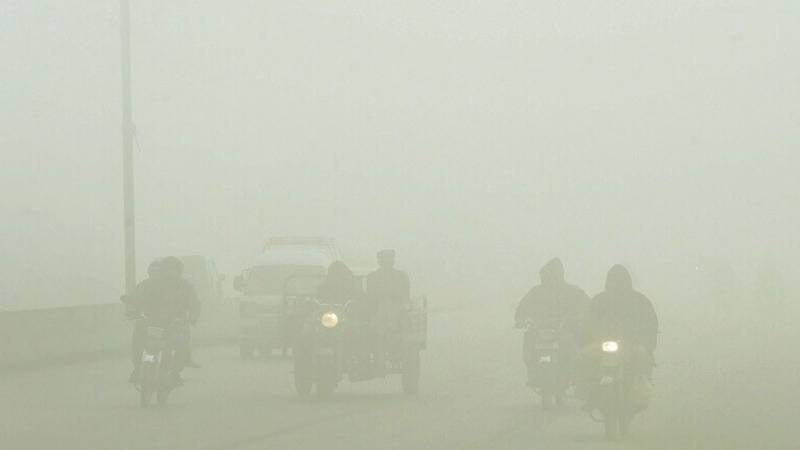
The Lahore High Court (LHC) made a major decision by preventing the government from granting no objection certificates (NOCs) for any development project until January.
The directive was made in response to the smog control petitions that were presented before the LHC.
The commissioner of Lahore has been instructed to create a policy that promotes the use of electric bicycles and motorbikes.
The court also recommends the establishment of locations in Lahore where residents may hire bicycles at a reasonable price.
Additionally, LHC judge Justice Shahid Karim directed the commissioner to ensure that the brick kilns in Nankana Sahib and Sheikhupura are upgraded using modern technology.
Upon the commissioner's statement, the court lifted the stay order prohibiting construction activity at the Babu Sabu interchange, allowing the plan to proceed.
Smog has decreased, thanks in large part to the actions taken by the LHC judge. At each hearing for the case, senior member Syed Kamal Haider and chairman of the Environment Commission Hina Hafeezullah give a report.
According to the report, owners of industries, cars that release smoke, and kilns that do not use zigzag technology are facing legal prosecution from the government.
Regarding the pleas, Justice Karim delivered a comprehensive ruling on the one from citizen Haroon Farooq, who asked for action to stop pollution.
October through January are the months with the worst smog, so the judge has halted awarding NOCs for development projects at this time.
The court ordered the government to use all available means to reduce the threat posed by pollution and to take nondiscriminatory enforcement action against those who violate the law.
The LHC directed the government to present a compliance report on November 3.

